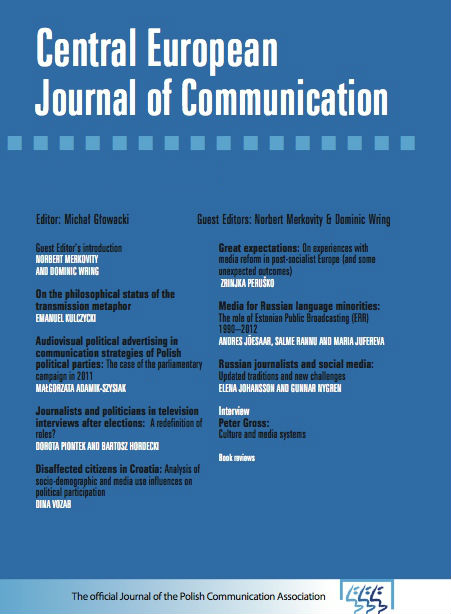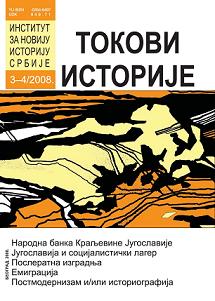
Regional — national — supranational. How the German press covers election campaigns on different levels of the political system1
Regional — national — supranational. How the German press covers election campaigns on different levels of the political system1
Keywords: Germany; election campaigns; election coverage; political system; political communication; quantitative content analysis
Th e analysis of election campaigns is a long-standing tradition in communication science. Since the classic Erie County study (1944) there have been multiple studies on how the mass media cover parliamentary and presidential elections. But the studies primarily focused on elections at the national level and a growing number also at an international level. Th e role of the mass media in regional elections has been analysed considerably less oft en. One fi eld which has been neglected so far is to compare press coverage on the aforementioned three levels of the political system, namely the regional, the national, and the supranational level. Our quantitative content analyses of German newspapers (2009–2011) show if and how much election campaign coverage on these three levels diff ers. Because of these diff erences we propose to distinguish between fi rst-rate coverage (of national elections), second-rate coverage (of regional elections), and third-rate coverage (of European elections). Th e gap between these levels may result in diff erent perceptions of the campaigns by the public.
More...
